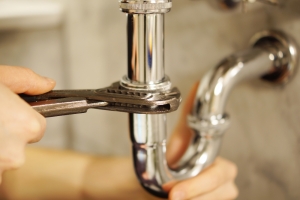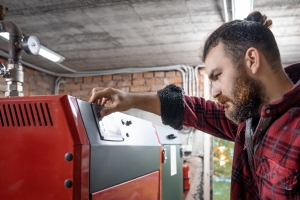Plastic packaging represents over a third of Australia's domestic plastic consumption. Food, beverages, and consumer goods depend extensively on moulded product casings, containers, wrap, bags, and flexible films to enable functionality, preserve contents, and display branding. As packaging demand grows locally in line with expanding export volumes, injection moulders play an integral role in transforming resin pellets into specialised enclosing solutions.
Long dominated by a few major players, the Australian injection moulding landscape is shifting toward innovative capabilities and sustainable competitive advantages to capture market share. Renewed manufacturing focus combined with global export ambitions point to positive momentum for the industry's packaging contributors moving forward.
Evolving export dynamics favouring local production
Australia exports over half its annual plastic packaging production, worth $780 million, due to a strong international reputation for quality, innovation, and food safety. However, transport costs and emissions make domestic manufacturing attractive for serving regional Asian markets with significant growth potential as rising incomes drive consumption.
And as global supply chain disruptions make local inputs more appealing currently, Australian injection moulders benefit from petrochemical feedstocks, tooling supplies, and moulding hardware access through specialised local distributors. These wholesaling networks uniquely position packaging producers to capitalise on export prospects in Asia.
Advanced manufacturing driving productivity gains
With labour accounting for up to a third of expenses, optimising production efficiency is also key to competitiveness. Australia's injection moulding industry is increasingly adopting advanced techniques around lean manufacturing, rapid tooling, and automation to minimise costs and become internationally competitive.
Carbon Revolution, for example, leverages patented robotic systems to mould specialised automotive wheels, pushing cycle time and quality boundaries. Such technological capabilities raise the bar locally across precision plastic moulding applications. And assisted by public investment to grow advanced manufacturing rates, currently around 15% of GDP, integrating similar philosophies into packaging production promises to capture efficiency dividends.
Sustainability becoming an imperative
Plastic packaging also faces environmental pressures as society tackles waste and carbon emissions. Packaging contributes over 60% of Australia's plastic recycling, itself lagging at just 12% of post-consumer plastic currently. Nevertheless, trends point towards stricter sustainable mandates for products and packaging as public sentiment emphasises renewable content, recyclability, and waste reduction.
Moulders adapting through eco-conscious material selection, tooling innovations, and operating efficiencies can gain marketability, with brand owners increasingly spotlighting sustainability. For instance, moulding thinner containers or optimising shot sizes lowers the required resin, improving margins and plastic residuals. Such capabilities will likely attract clients, given local and export motivations to minimise environmental footprints from production through disposal.
Collaboration is driving progress
Importantly, industry groups provide venues for plastics associations, policymakers, consumer brands, and injection moulding leaders to convene to guide sensible advancements across the packaging value chain. By sharing expertise around commercialisation, technical specifications, and capabilities, moulders can respond agilely to evolving preferences.
Whether tackling operational improvements, responsible design criteria, or transparent origin labelling for exports, plastic packaging moulded in Australia has room for significant growth in the coming decade. Aligned with international trends promoting plant-based renewables and the circular economy, the industry's commitment to progress positions local injection moulding at the forefront of sustainably servicing worldwide demand. With proactive efforts to align societal needs with function, plastic injection moulders continue to provide the foundations underpinning modern standards of living.






